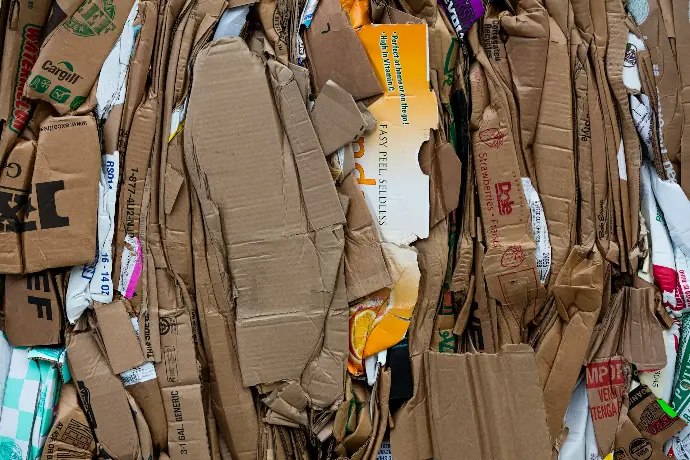In a world increasingly focused on sustainability, recycling, upcycling and downcycling play a crucial role. These three concepts form the basis of efficient waste management and help reduce our ecological footprint. In this blog, we'll take a closer look at what these terms mean, how they differ from each other, and the importance of each in the pursuit of a more sustainable world.
Recycling: The basis of waste reuse
Recycling is the process of converting waste materials into new products to reduce the use of raw, new materials. This process involves collecting, separating and processing waste materials such as paper, glass, plastic and metal. The major benefit of recycling is that it helps reduce the amount of waste going to landfills and reduces greenhouse gas emissions. Recycling also contributes to saving energy and raw materials, which is crucial for sustainability.

Upcycling: adding creativity and value
Upcycling is the creative process of transforming waste materials or unwanted products into products of higher quality or value. Unlike recycling, which often breaks materials down to their base materials, upcycling is about reusing products in a way that increases their aesthetic and functional value. Examples of upcycling are making furniture from old pallets or creating works of art from waste. Upcycling stimulates innovation and creativity and contributes to the reduction of waste.
Read more:

Which materials are recyclable?
This blog provides an overview of different types of recyclable materials, their recycling processes, and the impact recycling has on our planet. This gives us insight into how we can contribute more effectively to a more sustainable world.
Downcycling: limited reuse options
Downcycling refers to the process of converting waste materials into new materials or lower quality products. An example of this is the use of recycled plastic to make products such as insulation material or carpet filling. Although downcycling helps reduce waste, it can lead to a reduction in the quality of the material, ultimately making it less recyclable or reusable.
Conclusion
Recycling, upcycling and downcycling are all important aspects of sustainable waste management. By integrating these practices into our daily routine, we can make a significant contribution to reducing waste, conserving resources and protecting our planet. It is up to all of us to embrace these methods and work towards a greener, more sustainable future.
Do you need help importing from China?
Westwood Sourcing offers specialist support and expertise to make importing from China successful and efficient. Contact us today for more information!









